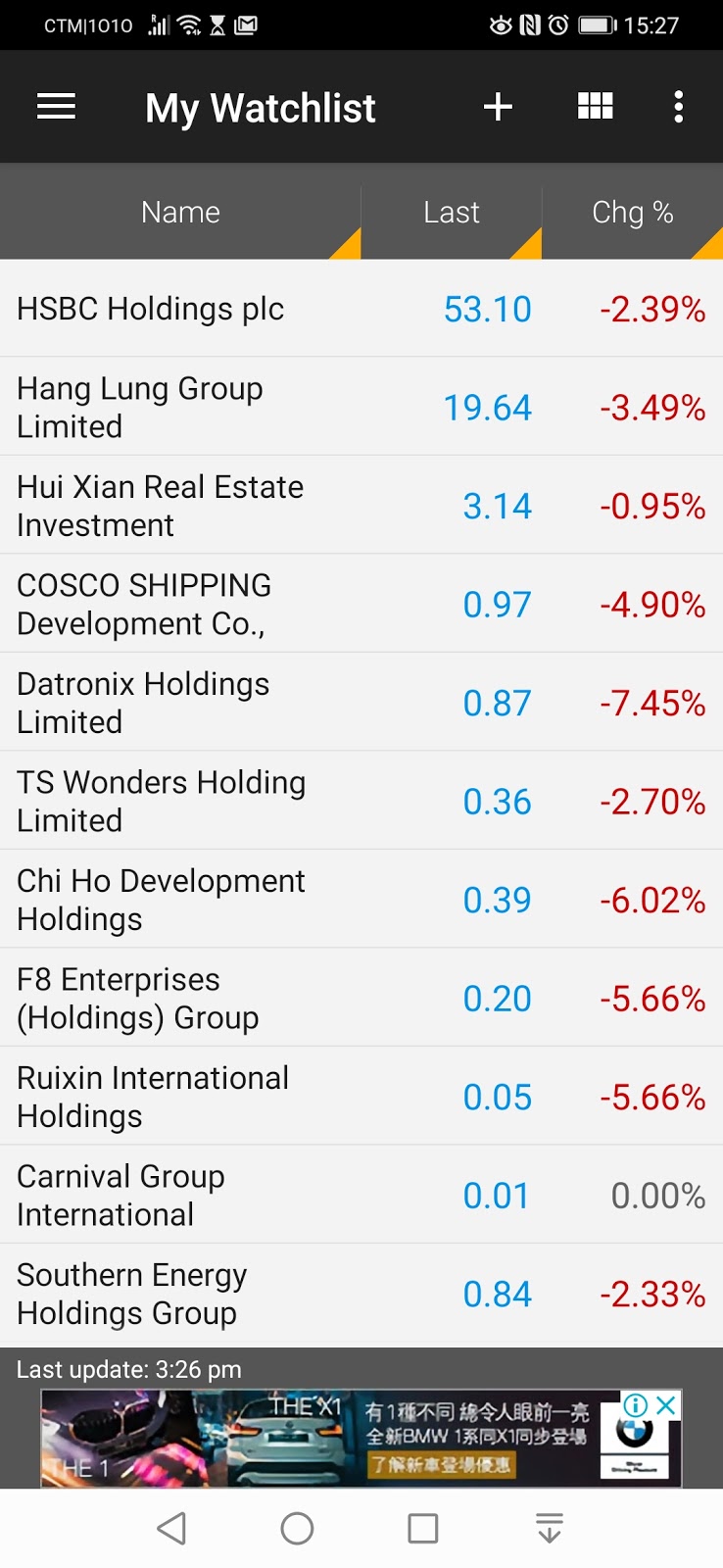Random Thoughts
How would a cost-conscious company possibly fall into a situation where it had to readily and helplessly endorse five or more times of increase in overheads and infrastructural costs for ongoing activities, with hardly any ascertainable added value in the making?
What has possibly gone wrong in the governance process? Where is the check and balance?
In a generation of localization for cost effectiveness, what convincing reasons are there to drive mass exodus and termination of local staff, only to invite replacements on exuberant expatriate terms.
In a tumultuous era where industrial squabbles surrounding one percentage point or two of pay rise readily turn ugly and spill vengeance on the one hand, what explains the steady addition of presumably professional and handsomely paid personals with superfluous roles of questionable added value on the other - in the same company?
Of course no one is in a position with access to the truth of all things and, therefore, to pass absolutely fair judgment on anything. Nevertheless, the winners from any corporate games are no doubt those who best adapt to changes, and the biggest winner of all is surely the one who successfully creates changes - the rain maker.
"The best way to manage change is to create it." Peter Drucker quintessentially is the father of management.
Mr Jackson also knows it all.
But it is perhaps grossly unfair to deny Mr Jackson of any value he may possibly have brought to the party and conveniently label him as simply a sucker. He may well turn out to be more a saviour than savage.
The problem with change is that, as time goes on, it may make it hard for people to find anchor to any convincing truth. Winston Smith of George Orwell's 1984 struggled to remember how life once was before the rule of the Big Brother - for better or worse.
We do not know of what we don't know. Unless one can make rain, one better resorts to humility to steer clear of danger.
What has possibly gone wrong in the governance process? Where is the check and balance?
In a generation of localization for cost effectiveness, what convincing reasons are there to drive mass exodus and termination of local staff, only to invite replacements on exuberant expatriate terms.
In a tumultuous era where industrial squabbles surrounding one percentage point or two of pay rise readily turn ugly and spill vengeance on the one hand, what explains the steady addition of presumably professional and handsomely paid personals with superfluous roles of questionable added value on the other - in the same company?
Of course no one is in a position with access to the truth of all things and, therefore, to pass absolutely fair judgment on anything. Nevertheless, the winners from any corporate games are no doubt those who best adapt to changes, and the biggest winner of all is surely the one who successfully creates changes - the rain maker.
"The best way to manage change is to create it." Peter Drucker quintessentially is the father of management.
Mr Jackson also knows it all.
But it is perhaps grossly unfair to deny Mr Jackson of any value he may possibly have brought to the party and conveniently label him as simply a sucker. He may well turn out to be more a saviour than savage.
The problem with change is that, as time goes on, it may make it hard for people to find anchor to any convincing truth. Winston Smith of George Orwell's 1984 struggled to remember how life once was before the rule of the Big Brother - for better or worse.
We do not know of what we don't know. Unless one can make rain, one better resorts to humility to steer clear of danger.



Comments